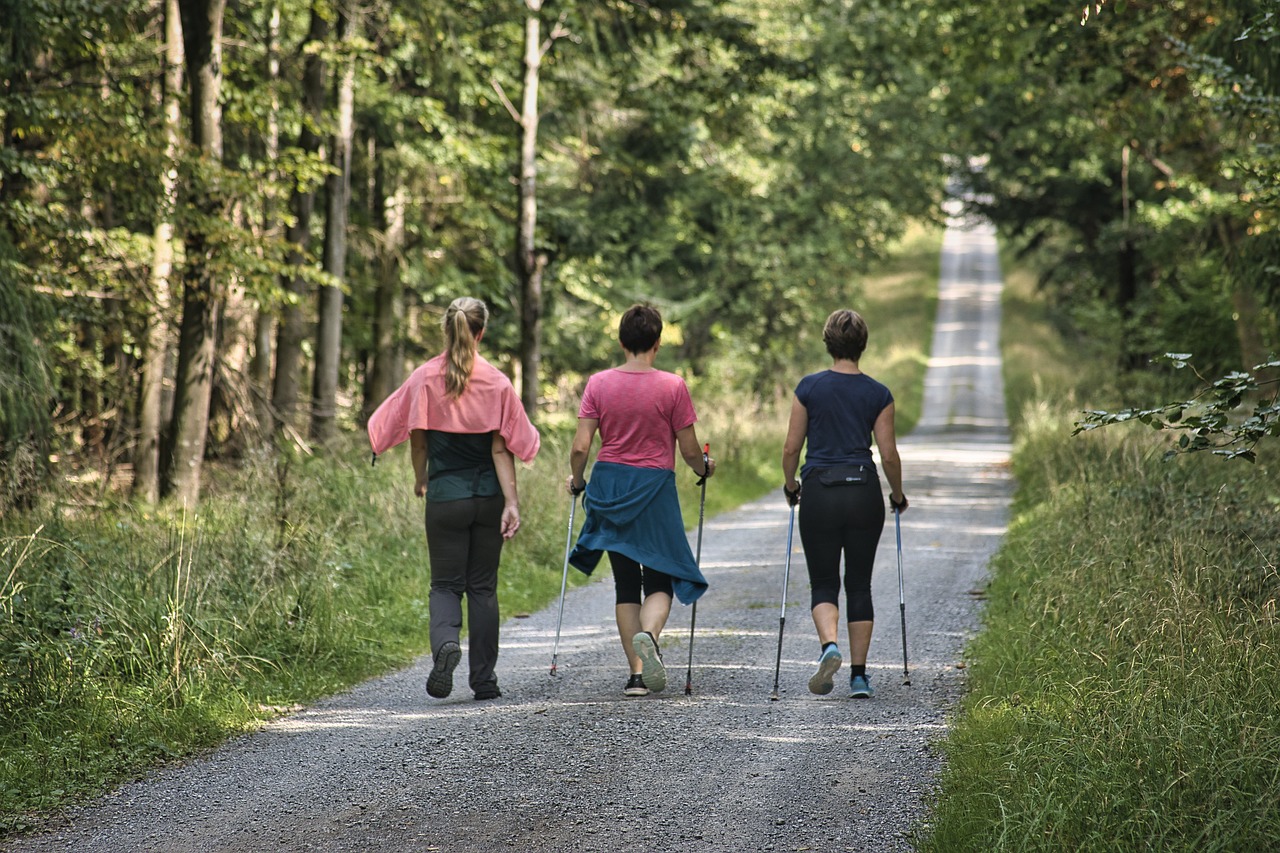Menopause can be a challenging time of life for many women, characterized by a diverse range of physical changes. Hot flashes, night sweats, and mood swings can disrupt daily life and sleep patterns, while hormonal fluctuations can cause weight gain, joint pain, changes in skin texture, headaches and loss of libido. For those looking for natural ways to combat the symptoms of menopause, exercise plays an integral role in finding relief.
Staying active can significantly enhance quality of life for most perimenopausal or menopausal women.
Studies Show that Exercise Helps to Manage Menopause Symptoms
In one research study, menopausal women who exercised regularly for twelve months experienced notable improvement in their mental and physical health, while general health deteriorated in women who did not exercise. The exercise program adopted by women in the study included cardiovascular activity, stretching, relaxation techniques and muscle strengthening. Those conducting the study were so encouraged by the results that they recommended that exercise programs be offered as part of a comprehensive health care routine for menopausal women.
While it has not been determined whether exercise can meaningfully reduce the incidence of hot flashes, night sweats, and insomnia, it was established that exercise is served as an effective remedy for mild to moderate depression – which some menopausal women experience.
Weight Gain is Not Inevitable
Menopausal women often experience significant weight gain associated with hormonal changes, but exercise can help to manage weight issues. The study revealed that women who stay active have fewer issues with weight and metabolism than their sedentary peers.
Exercise burns calories and helps to minimize the muscle loss associated with the natural aging process. By exercising and building muscle, women can boost metabolism and burn more calories every day.
Exercise also will aid in the prevention of abdominal and visceral (inside around your organs) weight gain, both of which can cause heart disease and diabetes. Exercise also reduces blood pressure, lowers cholesterol level, and protects bones against the rapid bone loss associated with aging and menopause.
Which Exercise is Best for Menopause?
As women make their way through menopause, they lose the cardio-protective effect of estrogen. This means that their risk of heart disease increases significantly, emphasizing the need for routine cardiovascular training. The best exercise plan for menopausal women includes enough variety to provide the desired effects and keep things interesting.
- Work the heart through aerobic activity and conditioning
- Strengthen muscles through appropriate weight training
- Increase flexibility through stretching
Walking, biking and swimming are excellent aerobic options, and resistance can be achieved through the use of weight machines or exercise bands. Yoga and Pilates will not only strengthen the body, but will increase feelings of serenity and support overall well-being. And keep in mind – exercise should be fun and motivating. Women should seek enjoyable ways to exercise that they can share with friends and family.
Taking hikes through the woods, challenging your best friend to a tennis match, or dancing the night away will do as much good for health as any more traditional activities. Important: Always check with a professional health care practitioner before beginning any strenuous new program.
Longevity Wellness Specializes in Women’s Health
At Longevity Wellness Clinic, we are dedicated to helping women to navigate their health and wellness challenges. We specialize in holistic treatments, traditional Chinese medicine such as acupuncture and nutritional counseling and supplements. If you are struggling with menopausal symptoms and want to find a natural solution, call us today for an appointment.




